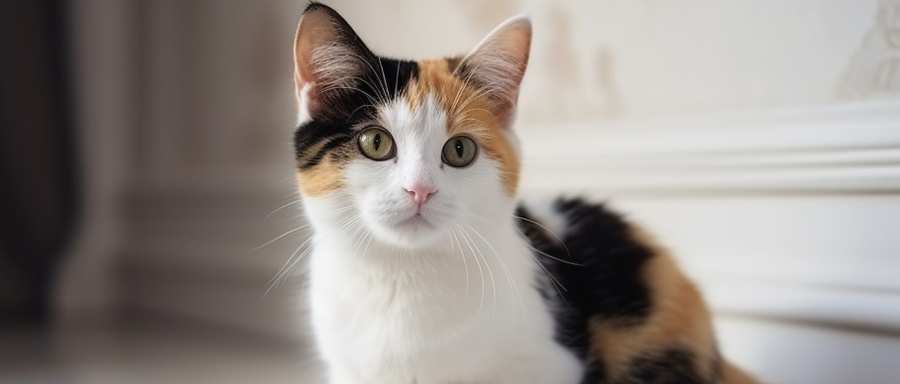Dietary changes can effectively soften cat poop, aiding digestion and overall health.
Understanding Cat Digestion
Cats are obligate carnivores, meaning their diet primarily consists of meat. Their digestive systems are uniquely adapted to process protein and fat rather than carbohydrates. This specialization allows cats to thrive on a diet rich in animal-based nutrients. However, this also means that any dietary imbalance can lead to digestive issues, including constipation, which often results in hard stools. Understanding how a cat’s diet impacts its digestive health is crucial for ensuring regular bowel movements and preventing discomfort.
The anatomy of a cat’s digestive system plays a significant role in how they process food. The stomach breaks down proteins with strong acids, while the intestines absorb nutrients and water. If the food consumed is low in fiber or hydration, it can lead to dry, hard stools. Therefore, incorporating the right foods into a cat’s diet is essential for maintaining healthy digestion.
Identifying the Signs of Constipation in Cats
Recognizing constipation in cats is vital for timely intervention. Signs may include infrequent or painful attempts to defecate, straining in the litter box, or producing small, hard feces. A cat may also exhibit discomfort by vocalizing or hiding due to pain. In more severe cases, a cat might lose appetite or show lethargy.
Monitoring litter box habits can provide insights into a cat’s digestive health. A sudden change in stool consistency or frequency should prompt a closer look at dietary habits and potential interventions. Understanding these signs helps ensure that cats receive the care they need before issues escalate.
Foods That Help Soften Cat Poop
Certain foods can aid in softening cat poop and improving overall digestive health. Here’s a closer look at some effective options:
1. Canned Pumpkin
Canned pumpkin is often recommended as a natural remedy for constipation in cats. It contains high levels of soluble fiber, which helps absorb water and adds bulk to the stool. A small amount mixed into a cat’s regular food can promote softer stools without causing gastrointestinal upset.
2. High-Quality Wet Food
Wet food provides extra moisture compared to dry kibble, which is vital for hydration and digestion. Many commercial wet foods are formulated with balanced nutrients that support healthy bowel movements. The increased moisture content helps soften feces and encourages regularity.
3. Fiber-Rich Foods
Incorporating fiber-rich foods into a cat’s diet can significantly improve digestion. Options include green beans, peas, and carrots (in moderation). These vegetables add bulk to the diet while promoting healthy bowel movements.
4. Probiotics
Probiotics are beneficial bacteria that support gut health. They help balance intestinal flora and improve digestion, which can contribute to softer stools. Probiotic supplements specifically designed for cats are available at pet stores and veterinary clinics.
5. Bone Broth
Bone broth is not only nutritious but also hydrating for cats. It contains gelatin that can help soothe the digestive tract and promote better stool consistency when added to their meals.
Creating a Balanced Diet for Cats
Achieving optimal digestive health requires more than just adding specific foods; it involves creating a balanced diet tailored to individual needs:
1. Consult with a Veterinarian
Before making significant changes to a cat’s diet, consulting with a veterinarian is essential. They can provide personalized recommendations based on age, weight, activity level, and any underlying health issues.
2. Gradual Dietary Changes
Suddenly changing a cat’s diet can lead to gastrointestinal upset. Introducing new foods gradually allows time for adjustment while minimizing potential adverse reactions.
3. Monitor Hydration Levels
Cats often don’t drink enough water on their own; therefore, ensuring adequate hydration is crucial for preventing constipation. Providing fresh water daily encourages drinking habits.
The Role of Treats in Digestive Health
Treats can be part of a balanced diet but should be chosen wisely:
| Treat Type | Description | Digestive Benefits |
|---|---|---|
| Dried Fish Treats | High-protein snacks that appeal to cats. | Adds protein without excess carbs. |
| Pumpkin Treats | Treats made with pumpkin puree. | Aids digestion with added fiber. |
| Dried chicken pieces. | Nutrient-rich protein source. |
Choosing treats that complement the main diet ensures they contribute positively to overall nutrition rather than detract from it.
The Impact of Stress on Digestion
Stress significantly affects feline health, including digestion. Cats are sensitive creatures; changes in their environment—like moving homes or introducing new pets—can lead to anxiety that disrupts normal bowel function.
Providing a stable environment helps minimize stress-related digestive issues:
- Safe Spaces: Creating quiet areas where cats feel secure.
- Routine: Maintaining consistent feeding schedules.
- Playtime: Engaging activities reduce stress levels and promote well-being.
Being mindful of these factors contributes positively to overall digestive health by reducing stress-induced constipation risks.
Conclusion – What Food Softens Cat Poop?
Diet plays an integral role in maintaining healthy digestion for cats; understanding what food softens cat poop provides valuable insights into feline care strategies. By incorporating hydrating foods like canned pumpkin and high-quality wet food while monitoring hydration levels and stress factors, pet owners can significantly enhance their furry friends’ digestive health.
Regular veterinary consultations ensure dietary choices align with individual needs while addressing any concerns promptly ensures that our feline companions remain happy and healthy throughout their lives.

